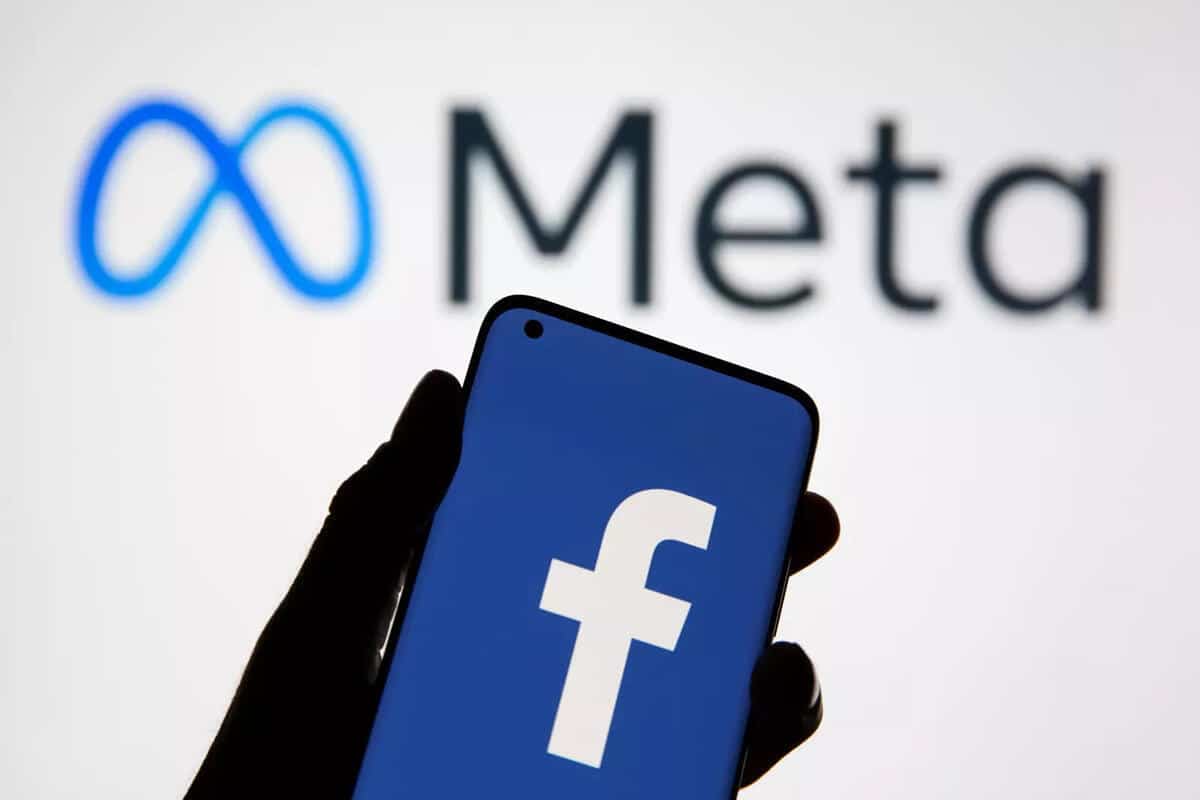Tech
Meta begins crackdown on cyber fraudsters, deletes 63,000 ‘yahoo’ accounts

Meta Platforms Inc., the parent company of Facebook, Instagram, and WhatsApp, has deactivated 63,000 accounts affiliated with the notorious “Yahoo Boys” scam organization, according to the company’s Q1 2024 Adversarial Threat Report released on Wednesday.
The accounts, which were removed in recent weeks, were used to conduct financial sextortion scams and distribute blackmail scripts. Meta revealed that a smaller network of 2,500 accounts, each linked to approximately 20 people, predominantly targeted adult men in the United States with forged identities.
Meta stated that it found and disabled these accounts using a mix of advanced technical signals and detailed investigations, hence improving its automatic detection systems.
READ ALSO: EU doubles down on Meta, says its ‘Pay or Consent’ model violates Digital Markets Act
“Financial sextortion is a borderless crime, fueled in recent years by the increased activity of Yahoo Boys, loosely organised cybercriminals operating largely out of Nigeria that specialize in different types of scams,” the company said in a statement.
It continued: “We’ve removed around 63,000 accounts in Nigeria attempting to target people with financial s3xtortion scams, including a coordinated network of around 2,500 accounts.”
“We’ve also removed a set of Facebook accounts, Pages, and groups controlled by Yahoo Boys—banned under our Dangerous Organizations and Individuals policy—that were seeking to organize, recruit, and train new scammers,” the business clarified.”
Join the conversation
Support Ripples Nigeria, hold up solutions journalism
Balanced, fearless journalism driven by data comes at huge financial costs.
As a media platform, we hold leadership accountable and will not trade the right to press freedom and free speech for a piece of cake.
If you like what we do, and are ready to uphold solutions journalism, kindly donate to the Ripples Nigeria cause.
Your support would help to ensure that citizens and institutions continue to have free access to credible and reliable information for societal development.
















